Education Department
Bachelor of Education
Program Description
The program is primarily designed to provide education graduates from other institutions with knowledge and skills that will enable them to work effectively in Adventist educational institutions. It provides a range of studies that focus on religious and philosophical studies and invites students to extend their learning in any area of interest through complementary modules. Graduates will have the ability to practice the Adventist philosophy of education as they teach through an emphasis on the holistic development of students and the integration of faith and learning
Graduation Profile
The Education Department provides the Bachelor of Education graduates with various skills and knowledge. Graduates should utilize curriculum principles and skills to critically evaluate arguments, ideas, and theories. Graduates should be skilled in critical thinking and problem-solving, encouraging intellectual curiosity, creativity, and openness to new ideas. They must also be skilled communicators with strong interpersonal abilities. They should also grasp and apply good governance principles including ethical, social, and sustainable environmental obligations. Graduates should excel in field research and ICT. They should also be good in leadership, teamwork, and time management, and have Christian beliefs and respect the teaching profession’s ethics. These programs aim to generate well-rounded, academically proficient students with the values and qualities needed for ethical teaching.
Program Length
Full Time on Campus 3 Years
When to Begin
February (1st Semester) or July (2nd Semester)
Admission Requirements
250 points in FSF7E or its equivalent including a pass in English and Mathematics OR’
A pass in the Foundation Studies with a minimum GPA of 2.00 in the Education stream with a pass in English and Mathematics
A mature age student (over the age of 22) who passes all FS modules in the first semester of his/her study
A score of 65 and above in the Mature Age Examination for those over the age of 22 years in the year of entry
Graduates will be able to
Education Studies
- Effectively apply a variety of educational concepts and theories in the diverse and ever-changing environment of the school and classroom.
- Creatively apply psychology, counselling and leadership concepts to support student learning and behaviour management, and the administration of the school.
- Critically reflect on the learning, teaching and assessment in their school as a means of achieving good practice.
Complementary Studies
- Utilize ethical research methods and appropriate communication skills in presentations and publications.
- Demonstrate a healthy lifestyle which contributes to personal and community health.
Religious & Philosophical Studies
- Sympathetically appraise the Seventh-day Adventist faith and demonstrate the responsibilities of having such a faith in their professional and personal life.
- Integrate the philosophy of holistic education throughout the primary school curriculum, including values education.
Curriculum Studies
- Demonstrate competency in creatively using a variety of appropriate pedagogies across the Primary School curriculum.
Co-curricular Competencies
- Computer skills: Students will demonstrate general knowledge from the computer systems, use software and hardware, file management, keyboarding and basic word processing skills. This is an elementary level for general computer applications, word processing, spreadsheets and power point presentations.
- Literacy: Students will be required to achieve a Level 1 (a minimum of 70% in Entry Level 3) in the Future School Literacy software.
- Numeracy: Students will have required to achieve a Level 1 (a minimum of 70% in Entry Level 3) in the Future School Literacy software.
- Conversational Vernacular: Students will demonstrate competence in the professional use of their vernacular and conversational competence (reading level – age 12) of other major languages in their country of origin
Learning Outcomes
Click the button below to download the learning outcomes.
Meet the Education Faculty
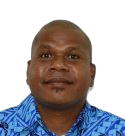
Mr. Casper Hilary Meiya
HOD Education Lecturer
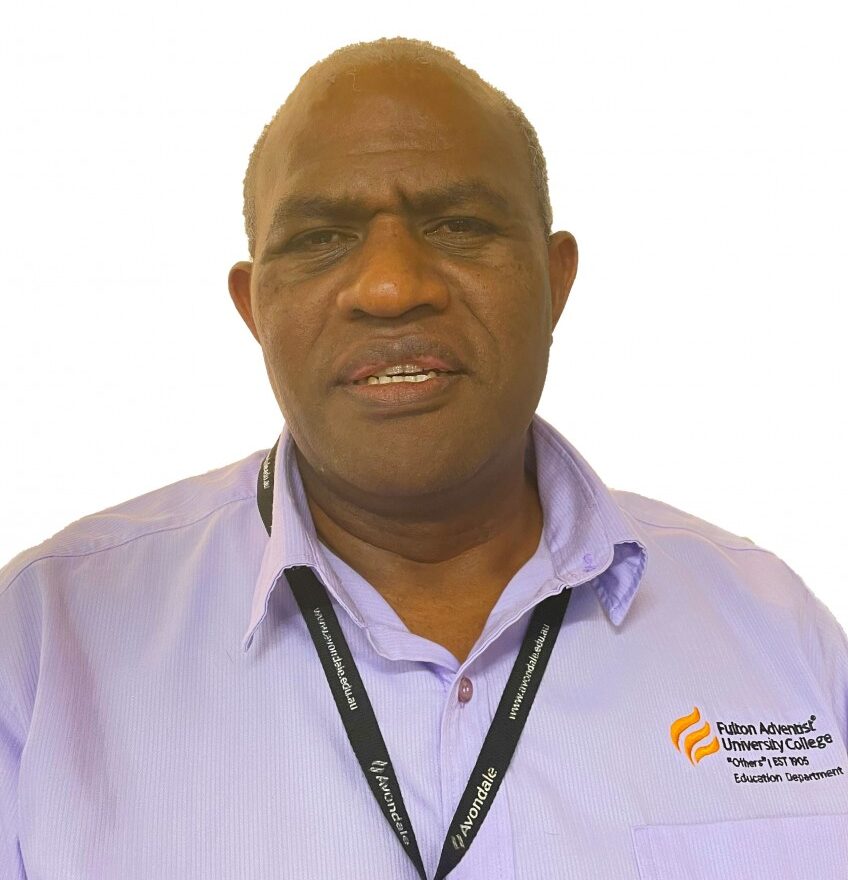
Mr. Josevata Sumo
Course Director /Lecturer (Primary Education )

Mrs. Luisiana Leitabu
Lecturer (Primary Education) /Prac Cord
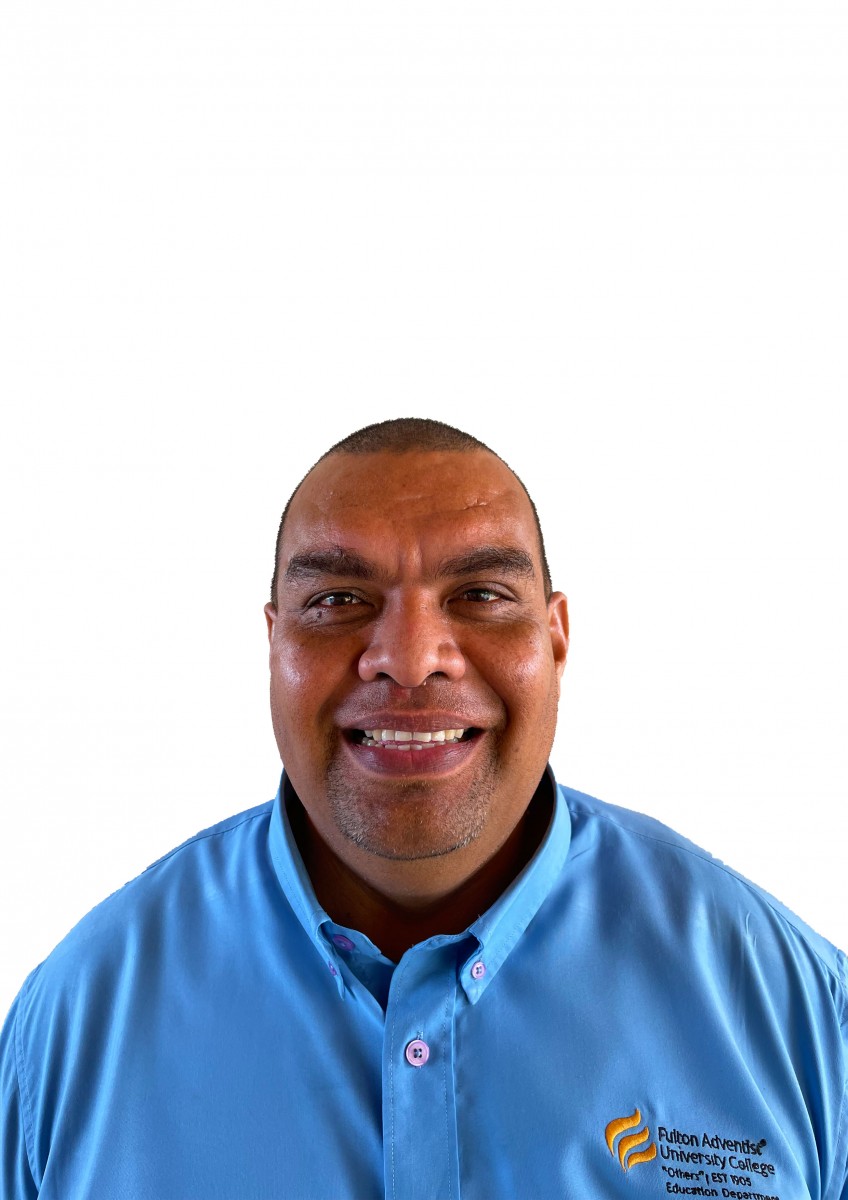
Mr. Ryan Whippy
Lecturer (Primary Education)

Mrs. Akanisi Tabore-Lanyon
Lecturer (Primary Education)
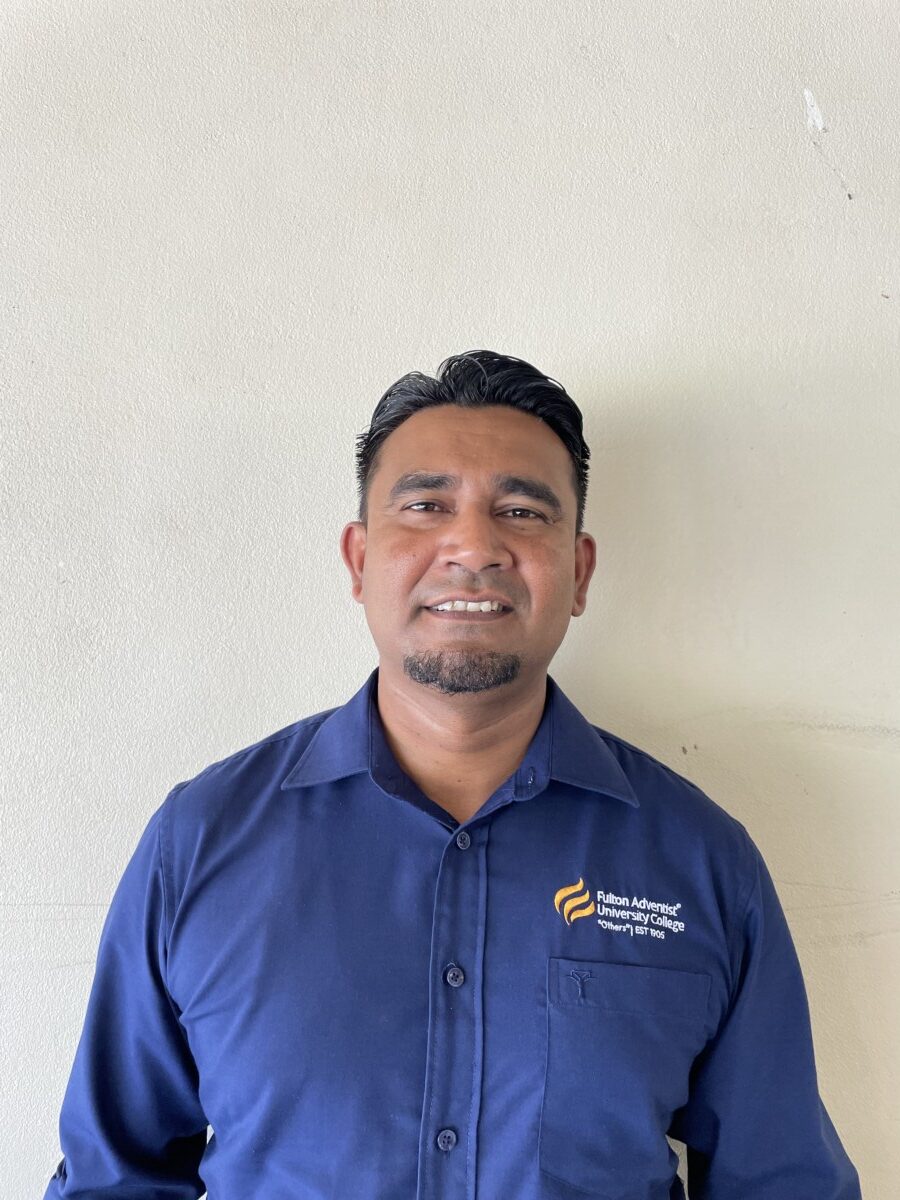
Mr. Adrian Kumar
Lecturer (Primary Education)
Bachelor of Education (Early Childhood)
Program Description
The program prepares graduates to teach in regional Early Childhood Centers and help children develop holistically. It offers sequential educational, curricular, and religious studies. Graduates can teach and lead in early childhood centers and pursue postgraduate studies.
Graduation Profile
It is assumed that graduates of these programs will have a wide range of skills and knowledge. The principles and skills taught in school should be able to be put to use, along with the ability to think critically and solve problems. They should also be able to judge and critically evaluate reasons, ideas, and theories. Also, graduates should encourage intellectual curiosity, originality, and an openness to new ideas. They should also be able to communicate information clearly and effectively and have great people skills. They are told to understand, follow, and use the rules of good governance, which include ethical, social, and long-term environmental duty. Graduates should learn more about and get better at information and communication technology (ICT), do great study in their fields, and be good at leading others, working as a team, and managing their time. Most importantly, they are expected to follow Christian beliefs as well as the rules, values, and ethics of their profession as teachers. This will help them become well-rounded and morally responsible teachers.
Program Length
Full Time on Campus 3 Years
When to Begin
February (First Semester ) Or July (Second Semester )
Admission Requirement
250 points in FSF7E or its equivalent including a pass in English and Mathematics OR’
A pass in the Foundation Studies with a minimum GPA of 2.00 in the Education stream with a pass in English and Mathematics
A mature age student (over the age of 22) who passes all FS modules in the first semester of his/her study
A score of 65 and above in the Mature Age Examination for those over the age of 22 years in the year of entry
Graduates will be able to
Education Studies
Use vivid imagination to inspire children’s educational creativity. Successfully use various educational concepts and theories in the ever-changing Early Childhood Education setting. Creatively use psychology and leadership to assist children’s learning, behavior management, and centre and community operations.
Religious & Philosophical studies
Sympathetically appraise the Seventh-day Adventist faith and demonstrate the responsibilities of having such a faith in their professional and personal life. and integrate the philosophy of holistic education throughout the primary school curriculum, including values education.
Complementary Studies
Utilize ethical research methods and appropriate communication skills in presentations and publications Demonstrate a healthy lifestyle which contributes to personal and community health.
Curriculum Studies
Demonstrate competency in creatively using a variety of appropriate pedagogies across the Early Childhood curriculum.
Co-curricular Competencies
- Computer Skills :Student will demonstrate computer system understanding, software and hardware, file management, keyboarding, and basic word processing. This level covers basic computer applications, word processing, spreadsheets, and power point.
- Students will be required to achieve a Level 1 (a minimum of 70% in Entry Level 3) in the Future School Literacy software.
- Students will required to achieve a Level 1 (a minimum of 70% in Entry Level 3) in the Future School Literacy software.
- Students will demonstrate competence in the professional use of their vernacular and conversational competence (reading level – age 12) of other major languages in their country of origin
Learning Outcomes
Click the button below to download the learning outcomes .
Meet the ECE Faculty
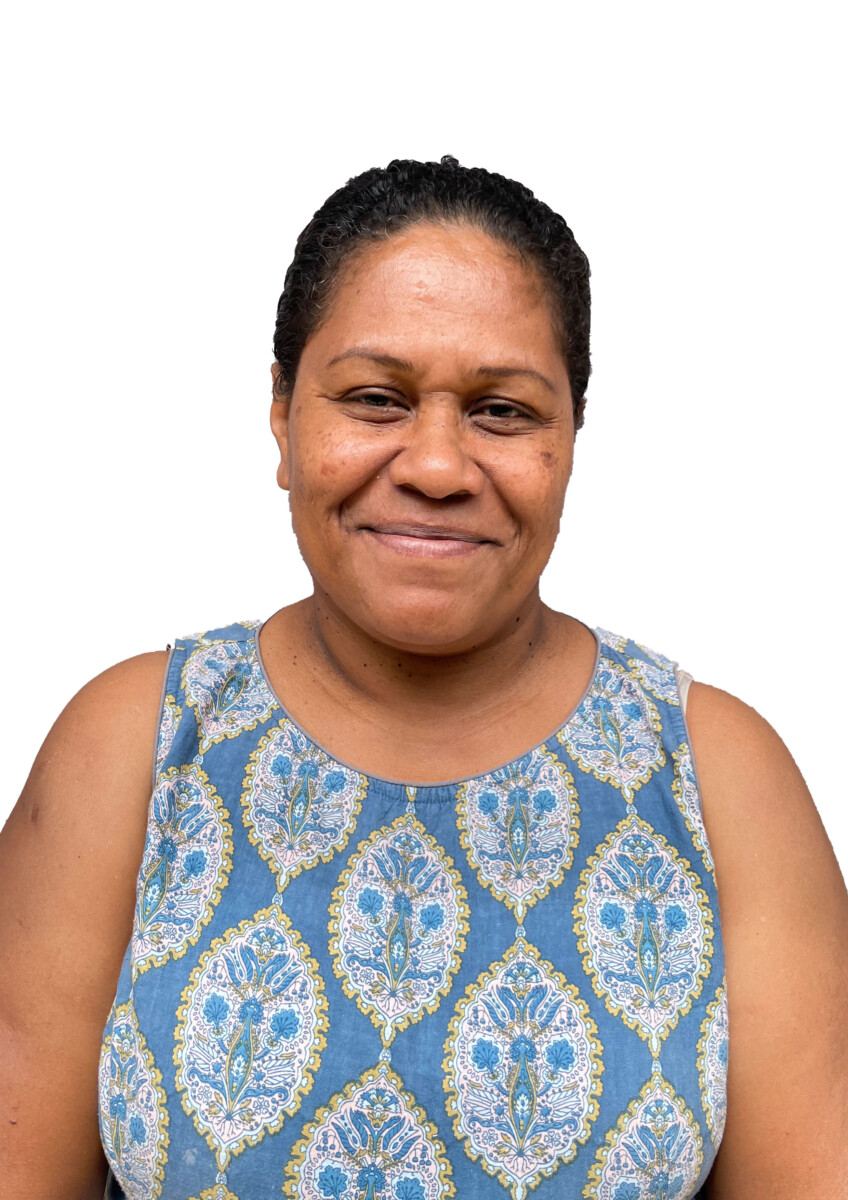
Mrs. Teupola Nayaca
Lecturer- ECE Education

Mrs.Martha Komaitai
Lecturer- ECE Education
Financial Information for Education Program
Click the button below to know more about the fees structure of Bachelor of Education .